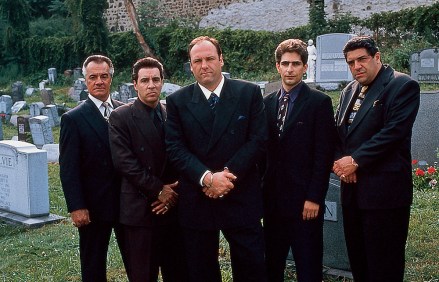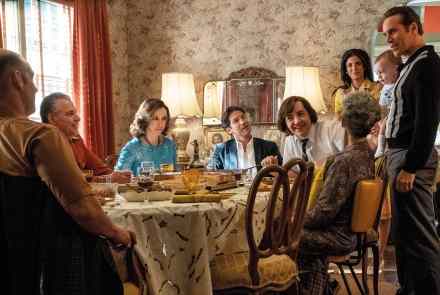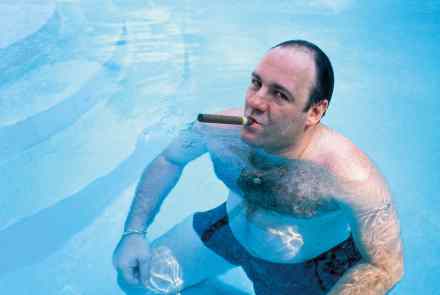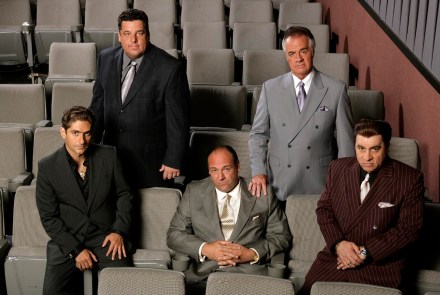How The Sopranos changed TV for ever
‘Too many characters, too many plot lines, characters who weren’t very good at their jobs, and their personal lives were a mess.’ Thus the memo to the creatives behind Hill Street Blues. ‘It was like a blueprint for what made every show successful since The Sopranos,’ Kevin Spacey giggles to Peter Biskind. ‘If the NBC executives had had their way, the road from then to now would never have been paved.’ As the quondamlead of one of that road’s biggest stones, House of Cards, Spacey can perhaps be excused his post hoc moment. Still, his big point stands. There was TV before The Sopranos and TV after The Sopranos, and





